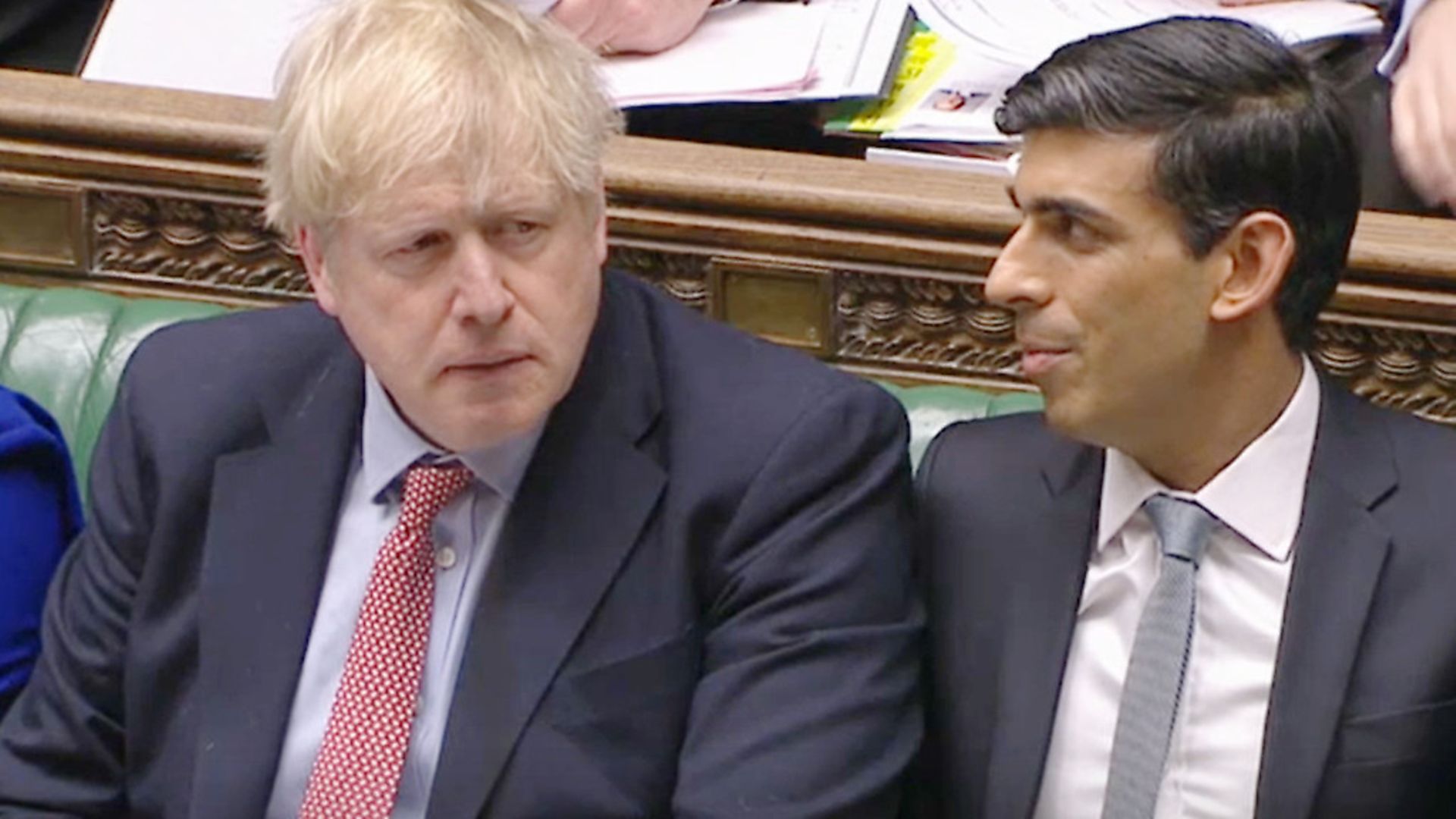
Boris Johnson and the government must provide more science to maintain public confidence in the handling of the coronavirus outbreak.
Labour’s shadow health secretary Jonathan Ashworth called on the government to move into the ‘explain stage’ and be transparent about the data behind its decisions.
He told the BBC: ‘The government do need to be clearer with the British public as to why their strategy is correct and the strategy in Ireland or Spain is incorrect.
‘That’s why say if the government can publish more of the science, if they can publish the modelling they are basing their decisions on, if they can explain the assumptions and judgments they are making about human behaviour and allow scientists, other experts in the field, to stress test it, to peer review it, I think that will help maintain public confidence.’
It comes as a former director at the World Health Organisation (WHO) attacked the government’s policy of using ‘herd immunity’.
Have your say
Send your letters for publication to The New European by emailing letters@theneweuropean.co.uk and pick up an edition each Thursday for more comment and analysis. Find your nearest stockist here or subscribe to a print or digital edition for just £13. You can also join our readers' Facebook group to keep the discussion and debate going with thousands of fellow pro-Europeans.
Anthony Costello, professor of international child health and director of the University College London Institute for Global Health, questioned the tactics and argued they looked like they were against the policy set down by WHO.
On Twitter, Prof Costello said: ‘Doesn’t this herd immunity strategy conflict with WHO policy? After the announcement of this being a pandemic, Dr Tedros, Director General WHO, said ‘The idea that countries should shift from containment to mitigation is wrong and dangerous’.’
MORE: Boris Johnson and Donald Trump are ineffectual in dealing with coronavirus
Prof Costello said the government was arguing that allowing a proportion of the population to catch the virus and gain immunity ‘will block a second peak in several months’ time’.
But he tweeted a series of questions showing scepticism for the policy, including: ‘Will it impair efforts to restrict the immediate epidemic, and cause more infections and deaths in the near term? Evidence suggests people shed virus early, and those without symptoms may cause substantial spread…’
He also questioned whether ‘coronavirus cause strong herd immunity or is it like flu where new strains emerge each year needing repeat vaccines? We have much to learn about Co-V immune responses.’
He said there was also an argument to see what happened in China, where the epidemic there has been contained ‘after 7 weeks of intense national effort’.
He added: ‘Without an all-out national mobilisation plan for social distancing, are the UK government behavioural and nudge strategies really evidence-based to flatten the peak? Or simply based on models?’
Prof Costello suggested that ‘shouldn’t we go all-out to snuff this UK epidemic out, with national mobilisation at all levels, using all possible preventive measures (whether evidence is strong, uncertain or weak) and worry about herd immunity when we have more evidence?’
He continued: ‘Vaccines are a safer way to develop herd immunity, without the risks associated with the disease itself. Is it ethical to adopt a policy that threatens immediate casualties on the basis of an uncertain future benefit?’
However, Martin Hibberd, professor of emerging infectious disease at the London School of Hygiene and Tropical Medicine, said it was unclear how the UK policies will work compared to other European policies ‘but I suspect they will be similar’.
He added: ‘The government plan assumes that herd immunity will eventually happen, and from my reading hopes that this occurs before the winter season when the disease might be expected to become more prevalent.
‘However, I do worry that making plans that assume such a large proportion of the population will become infected (and hopefully recovered and immune) may not be the very best that we can do.
‘Another strategy might be to try to contain longer and perhaps long enough for a therapy to emerge that might allow some kind of treatment.’









